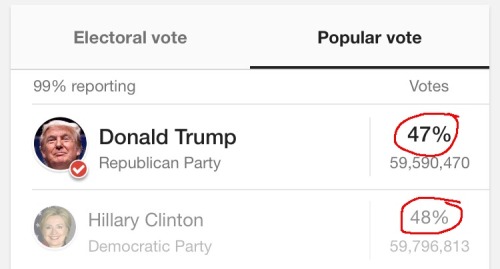Czrpb - Q

More Posts from Czrpb and Others




Sameer and The Chief quickly volunteer as their time with Diana have inspired them to fight for a cause. Charlie, however, hesitates. You see Charlie can’t shoot anymore. His PTSD is too overwhelming and he’s afraid he’s become useless. “Maybe you’ll be better without me,” he says, pained by the idea that he’s too “broken” to help.“But who will sing to us, Charlie?” Diana asks. It’s a simple question that brings a smile to Charlie’s face, a song in his heart, and the group continues on their way.
On the surface, it’s a tender moment. One that shows just how close this group has become since dropping onto the front lines of World War One. But with one simple line, Wonder Woman has redefined what it is to be a man.
Patty Jenkins’s Diana, doesn’t ask Charlie to continue to fight for her. She doesn’t need him to kill for her. She doesn’t try to encourage him or make him feel guilty for not being able to kill anymore, or turn him away because he’s can’t. She simply asks him to do what he can. She simply asks him to sing, and tells us that we don’t need to fight to be strong enough to stand beside Wonder Woman. - “But who will sing to us, Charlie?” The Defining Power of Wonder Woman
I'm Listening to "Lies" by Marina & The Diamonds (on Just Skin)
YES!










How Learning A New Language Changes Your Brain And Your Perception
Learning a foreign language opens us up to new experiences, work opportunities, and allows us to meet people we may never have otherwise. More than that, research has shown learning a language can also physically change brain structure and adjust perception.
When we learn a language, we create new neural pathways in our brain, which can lead to noticeable changes. The left hemisphere is generally believed to be the logical part of the brain and is where many of our language skills originate. However, a 2012 Swiss study observed that learning a foreign language later in life is associated with thickening of the cerebral cortex — a layer of neurons specifically responsible for memory, thought, consciousness and, of course, language. This increased thickness can lead to better memory and sharper thinking later in life.
Learning a new language doesn’t just change the physical makeup of the brain. Based on a theory known as linguistic relativity, learning a new language can also change the way we see the world. This is specifically true in relation to our color perception. For example, Japanese speakers have far more words to describe the color blue, and as a result are generally able to see more shades of blue than English speakers. On the other side of the spectrum, the Himba tribe of Namibia in Southern Africa have only five words to describe all the colors in the world. Researchers have observed that, without a word for the color blue, the Himba struggle to tell it apart from green — an easy feat for English speakers.
Infographic by the team at Sunbelt Staffing
You'll have to get rid of the Senate too.

this is why the electoral college fucking sucks.










TDS, May 13, 2015
Bruce Lee plays ping pong with nunchucks like a boss
this is that shit you reblog every single time you see it on your dash. this man is a beast.
holy fuck
my jaw actually dropped
It’s still there

Of course!





baby animals blog
-
 annita89dybo7v7h liked this · 6 months ago
annita89dybo7v7h liked this · 6 months ago -
 multifandomstan5 liked this · 8 months ago
multifandomstan5 liked this · 8 months ago -
 louexuv liked this · 1 year ago
louexuv liked this · 1 year ago -
 hey-slow-down-grab-the-rauhl liked this · 1 year ago
hey-slow-down-grab-the-rauhl liked this · 1 year ago -
 kiddohc liked this · 2 years ago
kiddohc liked this · 2 years ago -
 cripple-cat liked this · 2 years ago
cripple-cat liked this · 2 years ago